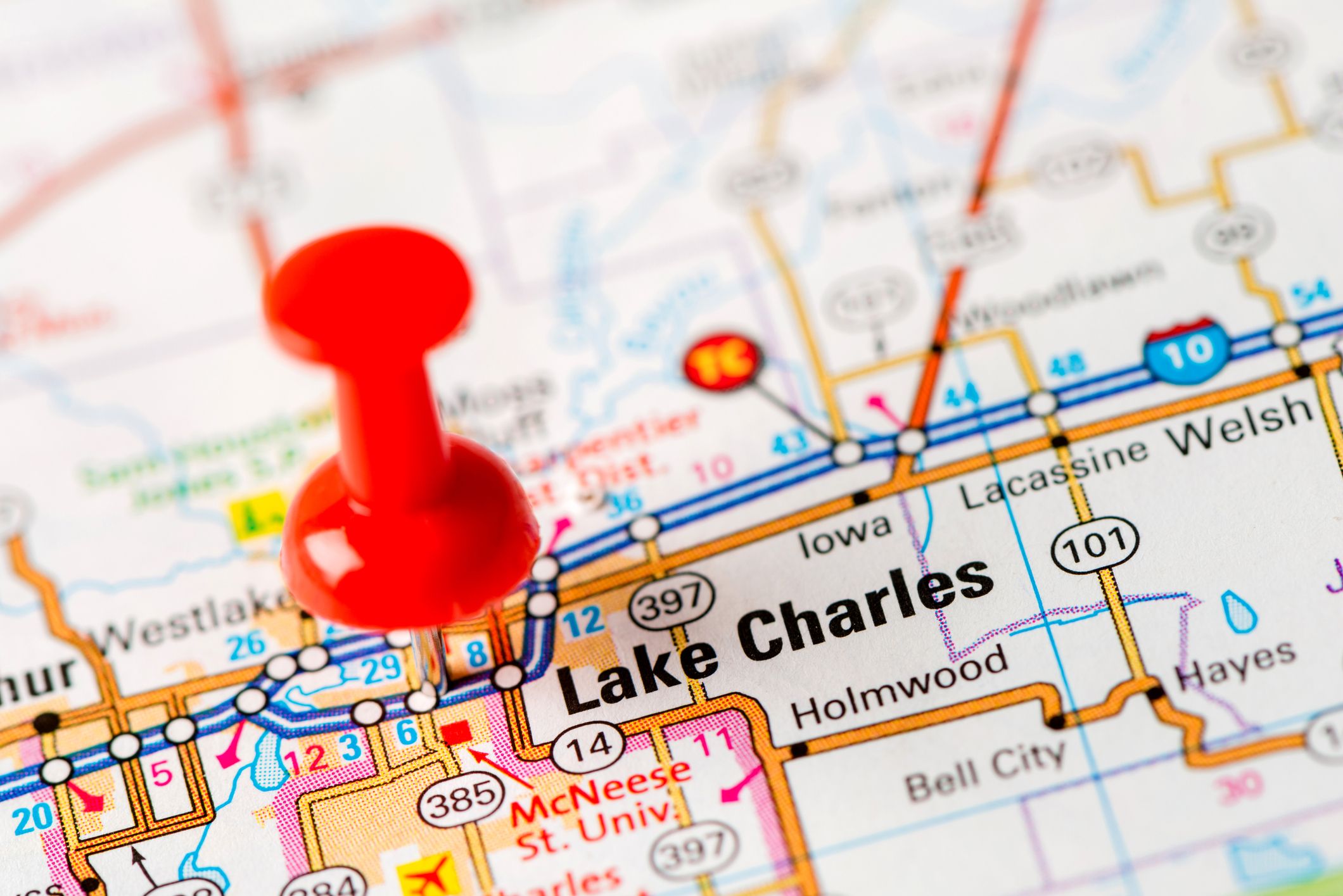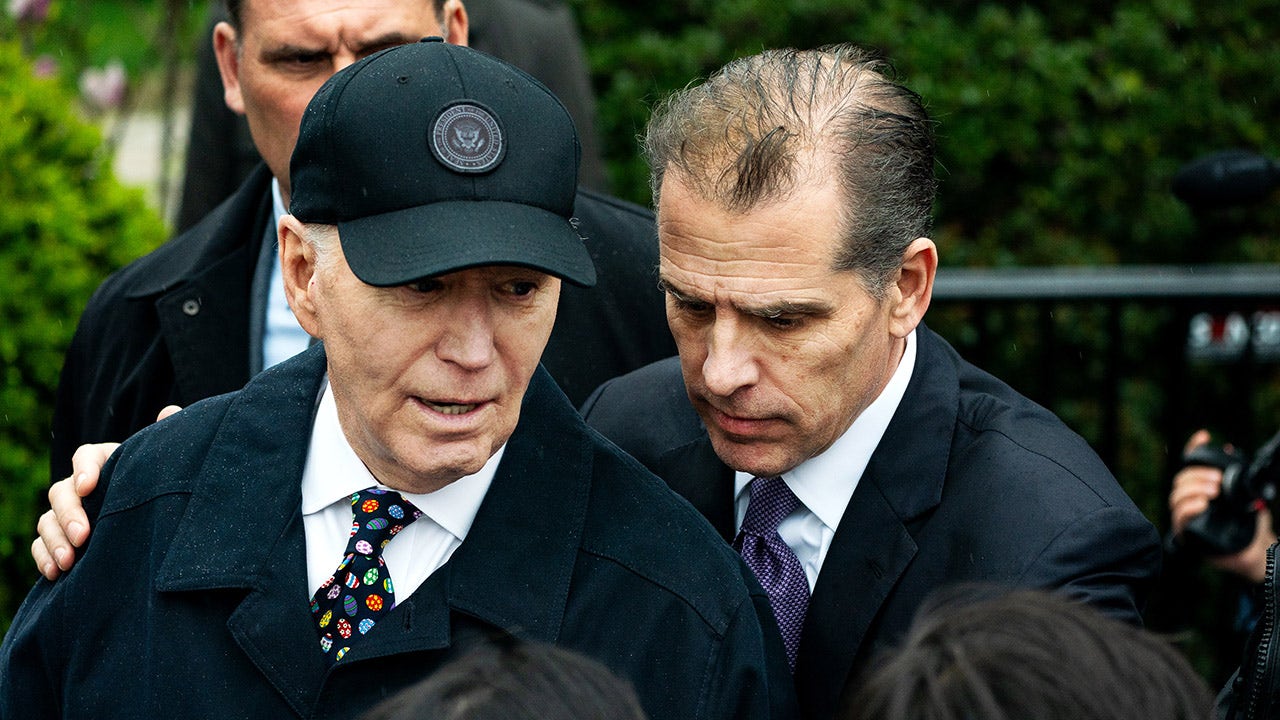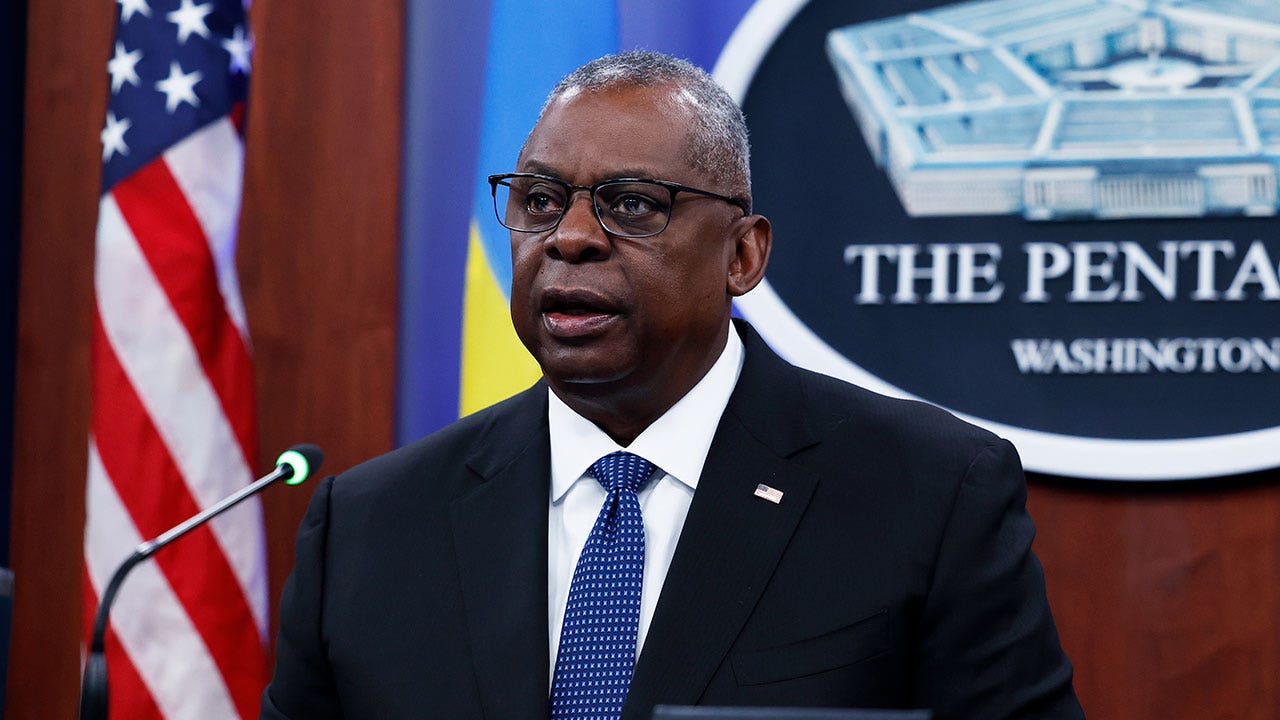The West Virginia Department of Human Services has partnered with the WVU Health Affairs Institute to help train individuals on providing vital services to neighbors, friends and family in their communities.
Direct care professionals play a critical role in supporting individuals in need by assisting them with tasks like bathing, dressing, cooking and cleaning.
The Wall Street Journal recently reported on the severe shortage of direct care professionals in the Mountain State and the West Virginia Pathways to Professional In-Home Care program is working to train and assist with job placement for 800 new direct care professionals.
“As a West Virginia native, I am deeply passionate about addressing the shortage of direct care professionals in our state,” said Will King, program director at the Health Affairs Institute. “The West Virginia Pathways program represents a vital step towards ensuring that our communities receive the support they need.”
There are currently more than 30 locations across the state offering specialized training to prepare direct care professionals to start a career or to spend time helping their communities. Training is led by experienced registered nurses at local provider agencies and includes a wide range of topics, including first aid and CPR.
“Through this collaborative effort, we hope to make it easier to access training,” Health Affairs’ Home and Community-Based Services Director Rebecca Gillam said. “Whether people are starting on a career path or looking for part-time or retirement jobs, direct care offers an opportunity to learn, grow and make a meaningful difference in the lives of our neighbors and loved ones across West Virginia.”
Learn more about WV Pathways to Professional In-Home Care.
































